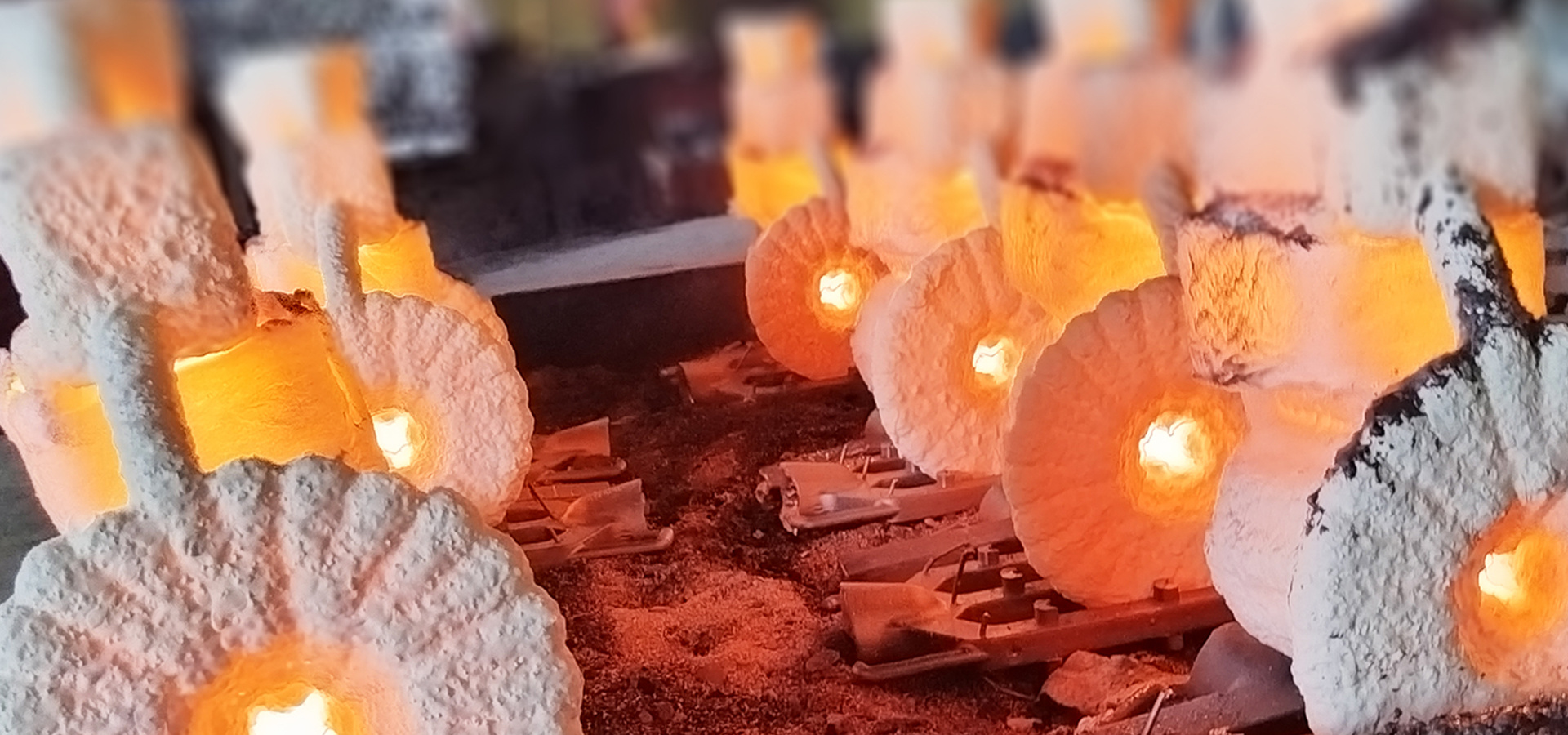
The application of precision casting in the field of food machinery
The food industry is characterized by high precision and cleanliness, ensuring the safety, reliability, and efficiency of the food production process. Generally, 316L material is used. Suitable for precision casting processes.
Our achievements in the food industry
We provide various brackets, clamps, handles, valves, pump casings, impellers, and other products to Fortune 500 food machinery enterprises on a long-term basis.
Our capabilities in the food industry
1. High precision and high surface quality: The dimensional tolerance of the parts can be controlled within ± 0.05mm, and the surface roughness can reach Ra1.6-3.2 μ m, meeting the requirements of food machinery for sealing and transmission accuracy (such as pump bodies, valves, gearboxes, etc.).
2. Material safety: Food grade stainless steel (such as 304, 316L) is preferred to ensure that no harmful substances are released when in contact with food. Avoid contaminating food by conducting corrosion resistance tests (such as corrosion resistance in acidic and alkaline environments).
3. Ability to form complex structures: capable of manufacturing complex internal cavities, thin-walled parts (such as thickness ≤ 2mm) or multi curved parts (such as screw conveyors and irregular pipelines) that are difficult to achieve through traditional processing.
4. Clean production requirements: The production process needs to control pollution such as dust and oil stains, and some parts need to undergo electrolytic polishing and passivation treatment to meet the GMP (Good Manufacturing Practice) standards in the food industry.
Parameter
| Category |
Parameters |
| Casting Materials |
Common materials: Carbon steel, stainless steel, alloy |
|
Material weight range: 0.003 kg - 110 kg |
|
| Casting Dimensions |
Maximum casting size: Ø600mmX800mm |
|
Minimum casting size: 5 mm x 5 mm x 5 mm |
|
|
Casting wall thickness: 1 mm - 20 mm |
|
| Casting Precision |
Dimensional tolerance: ±0.05 mm - ±0.2 mm (depending on casting size) |
|
Surface roughness: Ra 3.2 µm -6.3 µm |
|
| Production Capacity |
Annual output: 600 tons |
|
Maximum single piece weight: 110 kg |
|
|
Minimum single piece weight: 3 grams |
|
|
Mold materials: Wax molds, ceramic molds |
|
| Casting Process |
Mold types: Precision wax mold casting |
|
Pouring methods: Gravity casting, vacuum casting |
|
| Heat Treatment Capability |
Heat treatment processes: Normalizing, annealing, quenching, tempering |
|
Treatment furnace temperature range: 600℃ - 1100℃ |
|
| Post-Processing |
Surface treatment: Polishing, sandblasting, machining, painting, hot-dip galvanizing, powder coating |
Instant inquiry
Products in the pump and valve field are mostly shaped parts, and have high sealing and pressure resistance requirements, so they are more suitable for stainless steel precision casting technology.
Technological Process
Investment casting is a manufacturing process in which a liquid material is poured into a ceramic mold, which contains a hollow cavity of the desired shape, and then allowed to solidify. The solidified part is the casting, which is broken away from the ceramic mold to complete the process. The steps within the investment casting process are as follows:
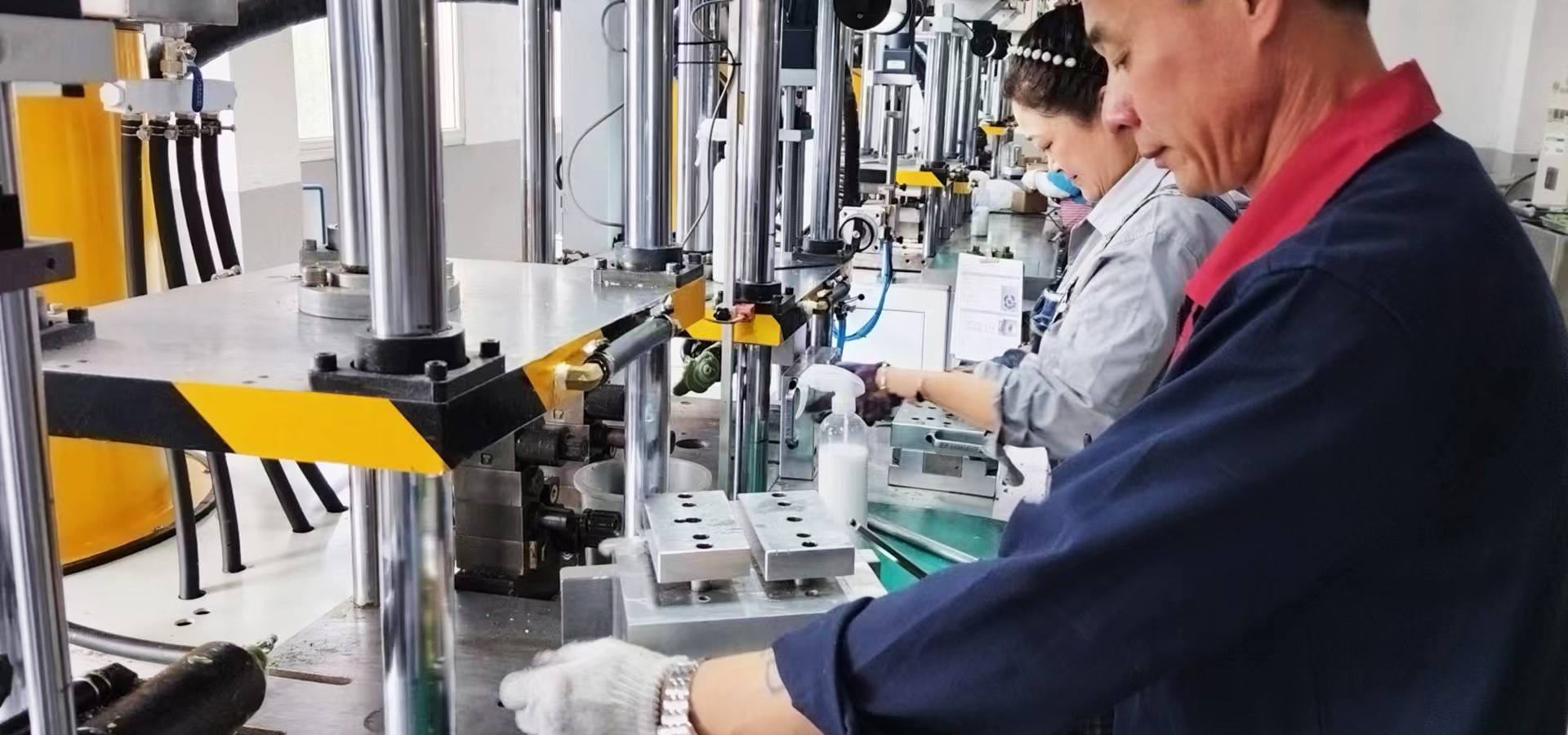
01
Wax Injection
Injection of medium-temperature wax (60-65°C) into metal molds under 0.5-0.7 MPa pressure, with a dwell time of 20-30 seconds.
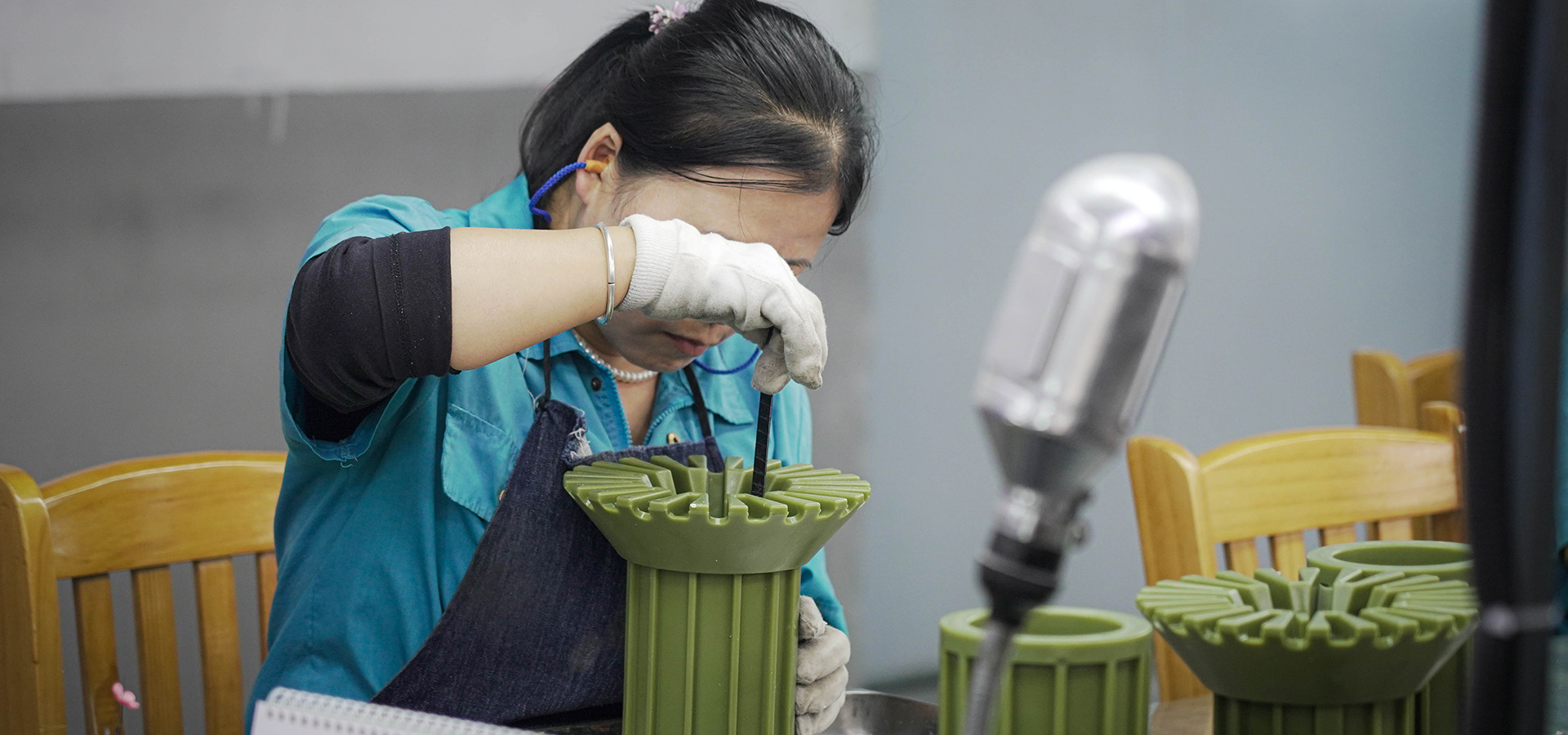
02
Wax Pattern Trimming
Removal of flash from wax pattern parting lines with precision ±0.1 mm, using hot knives (70-90°C)
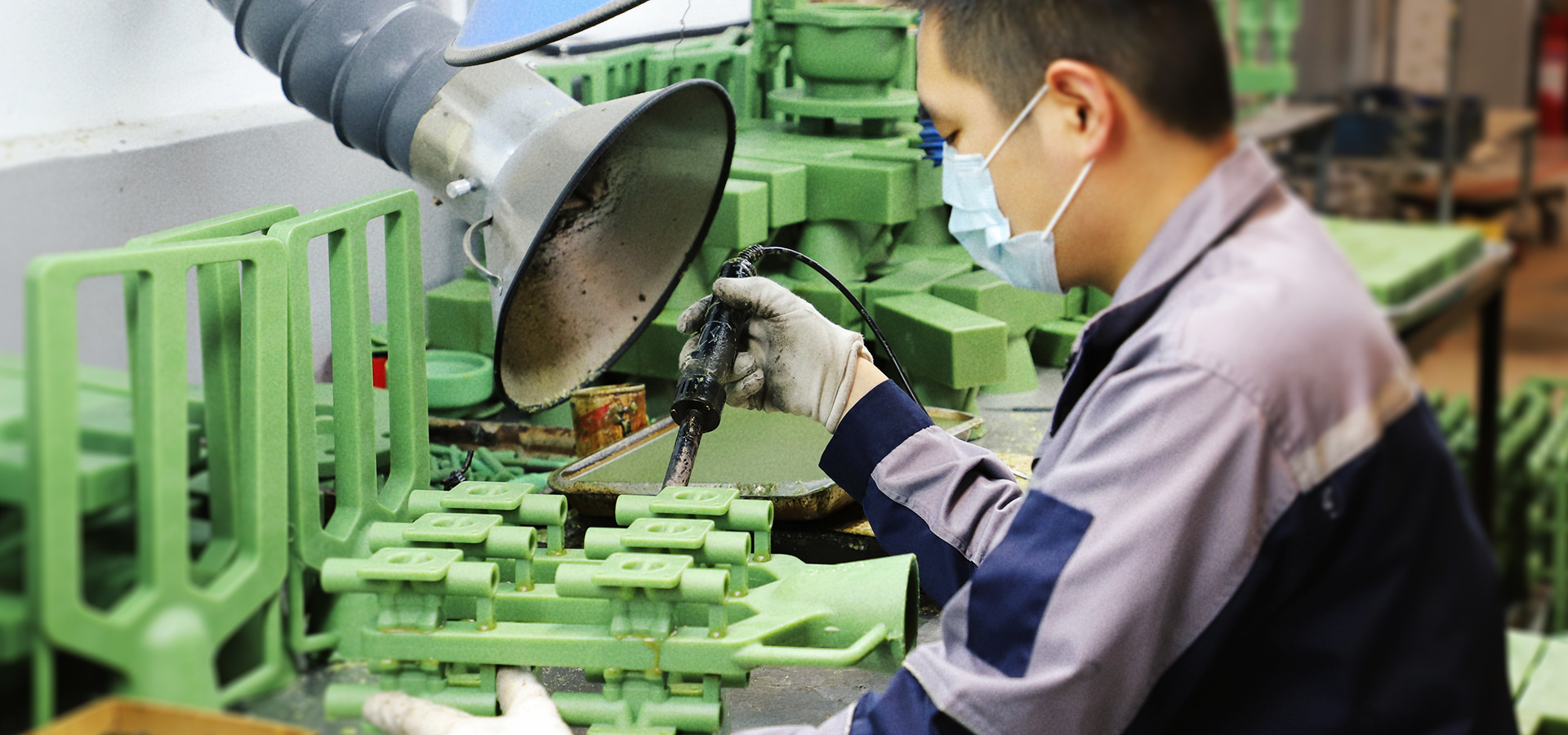
03
Cluster Assembly
Welding wax patterns to a central sprue, with cluster weight ≤15 kg, pattern spacing ≥8 mm, and pouring angle of 25-30°.
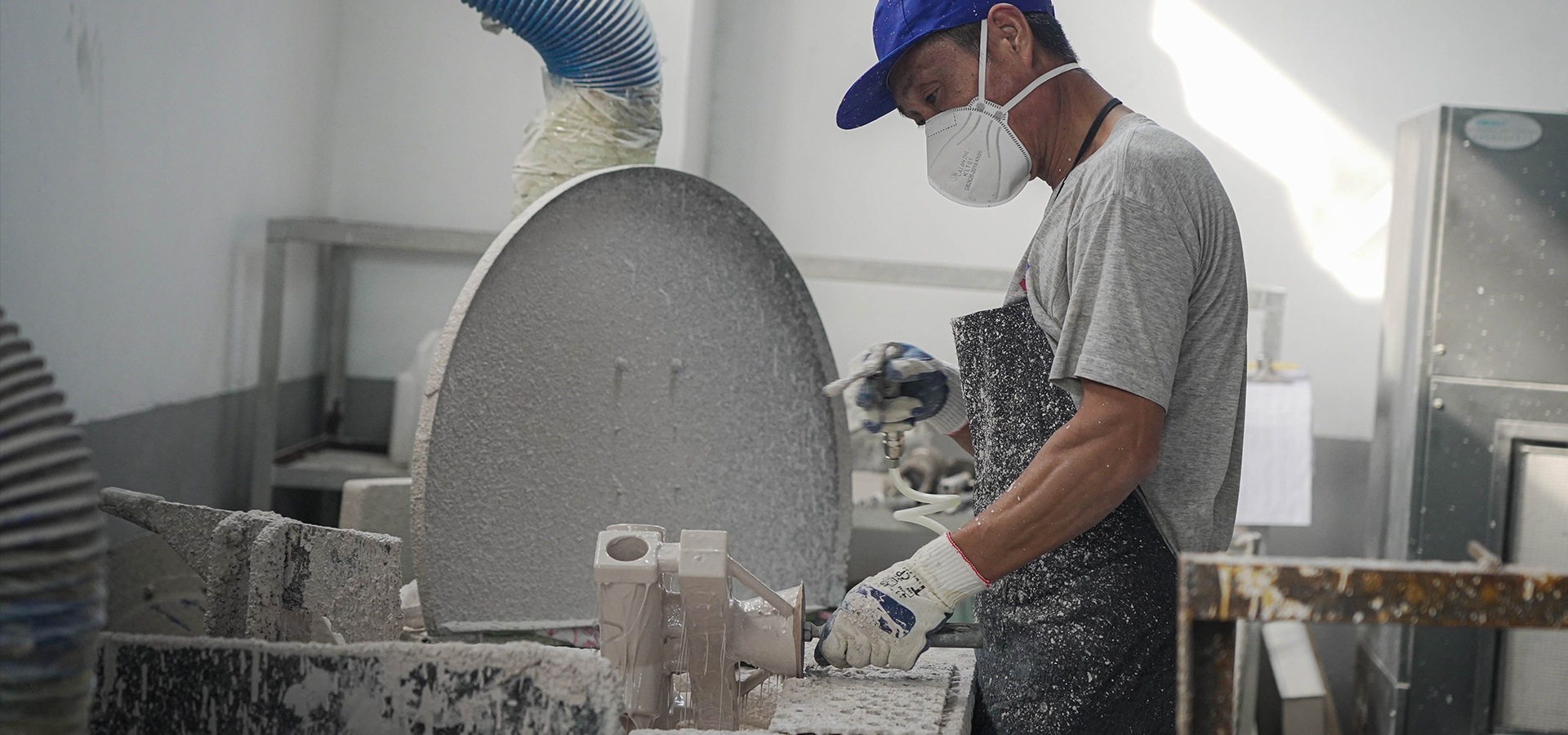
04
Primary Coating
Silica sol (SiO₂ 20%) + zircon flour (ZrO₂ 80%), 320-mesh,viscosity 42-45 seconds (#4 Zahn cup), coating thickness 0.3-0.5 mm.
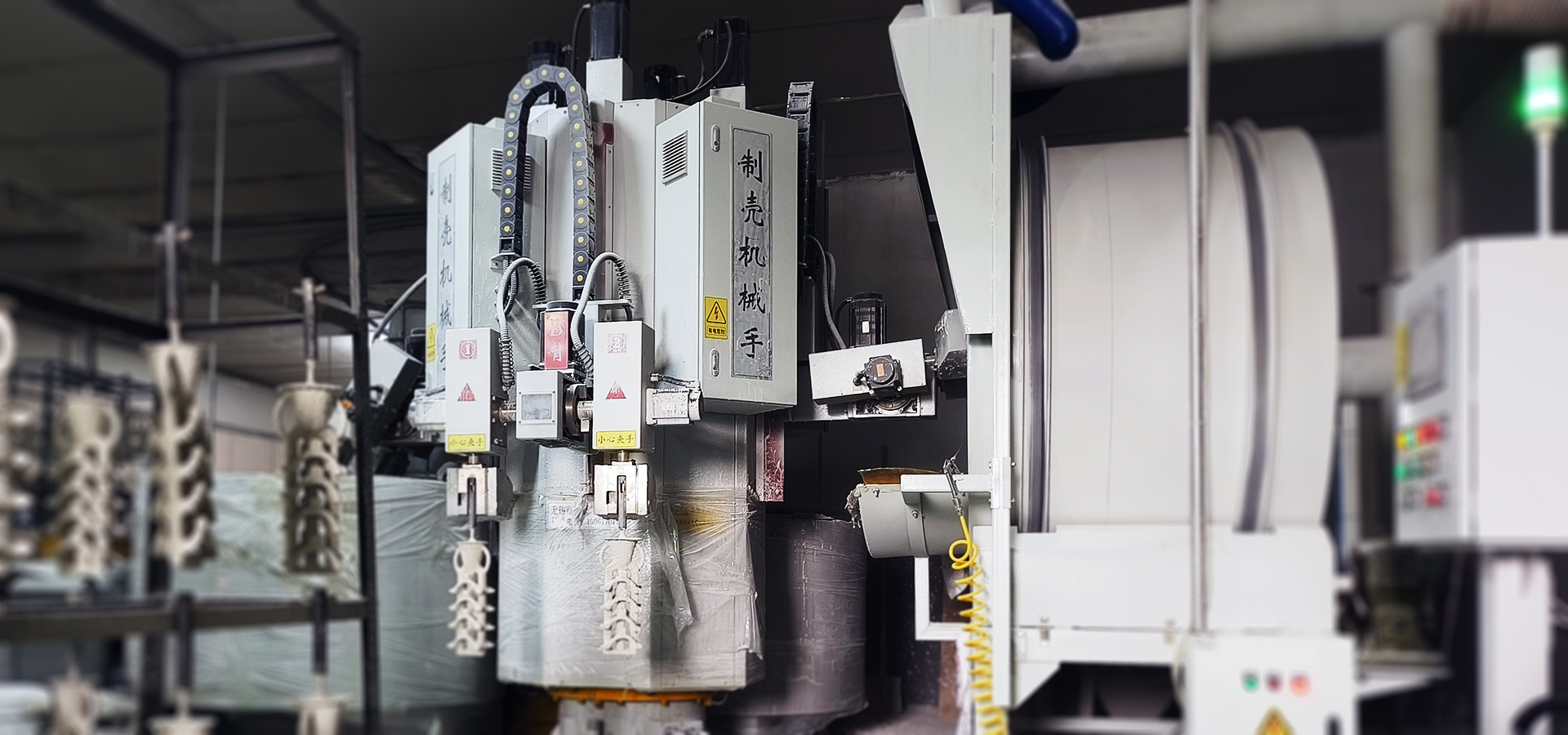
05
Backup
Quartz sand, 80~120-mesh 、30~60-mesh 、16~30-mesh chamotte sand stuccoing, total shell thickness 6-8 mm, green strength ≥4 MPa.
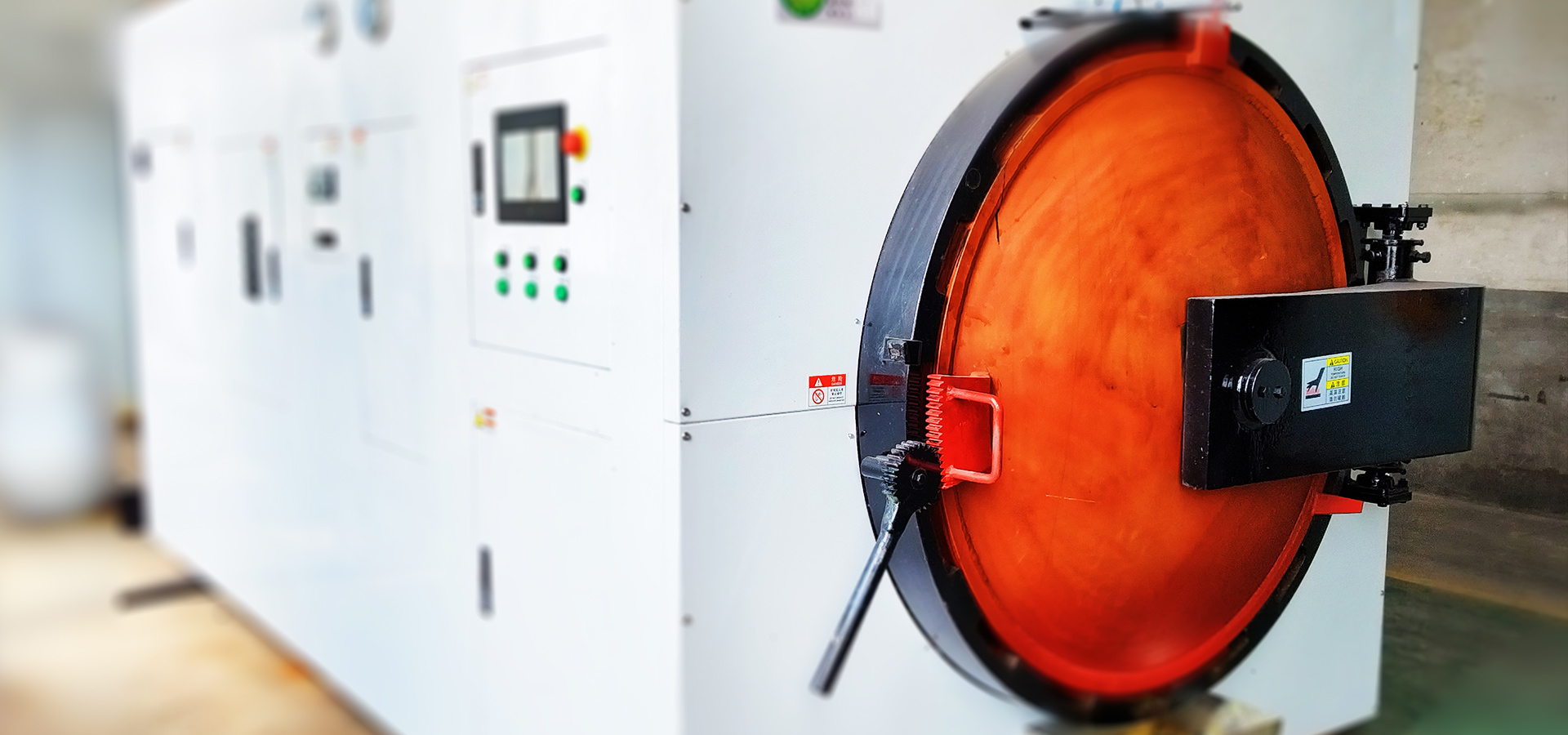
06
Dewaxing
High-pressure steam dewaxing (0.6-0.8 MPa, 150-170°C), residual wax ≤0.3%, shell breakage rate <0.5%.
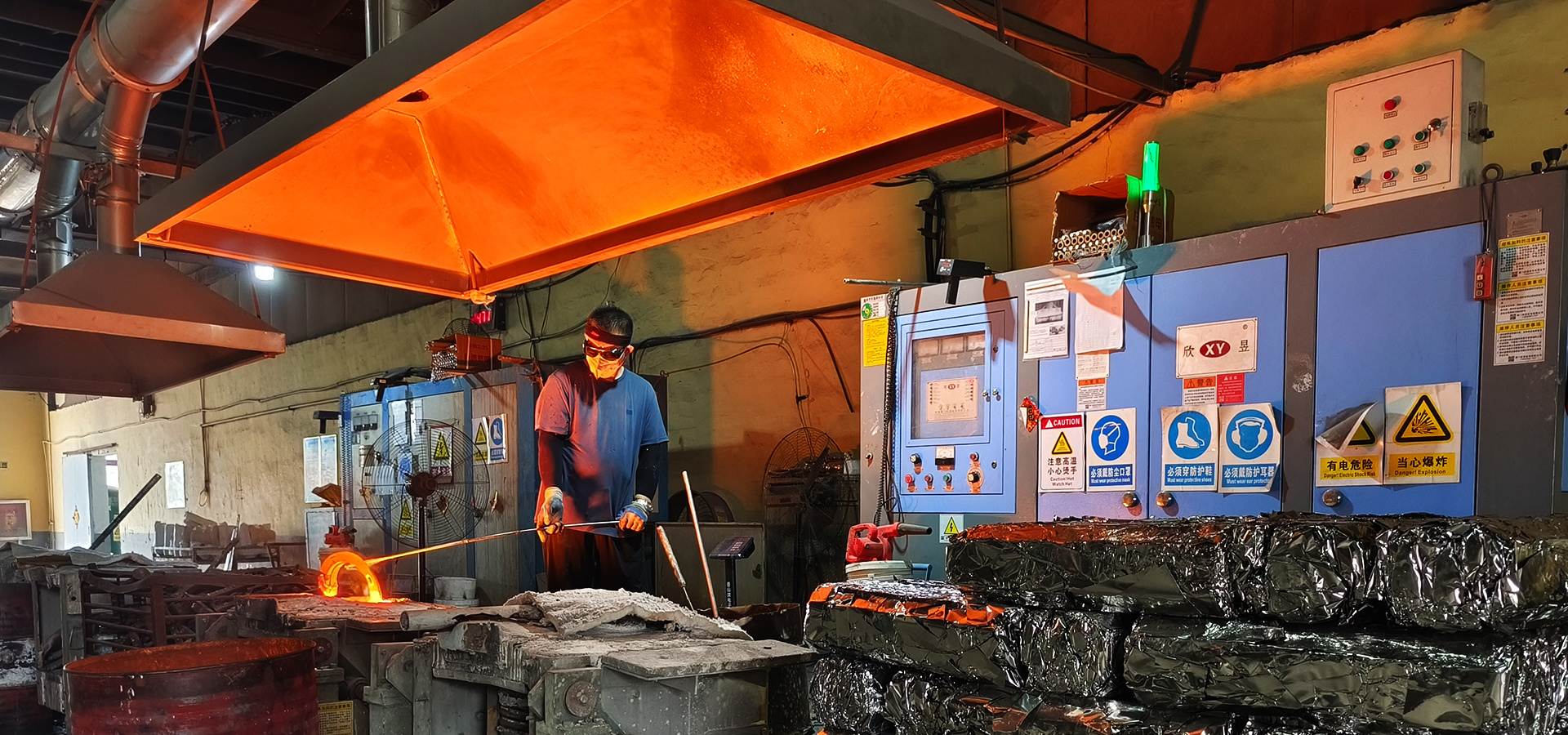
07
Pouring
Gravity casting with preheated molds (1000-1200°C), pouring rate 0.8-1.2 kg/s, solidification cooling rate 50-100°C/min.
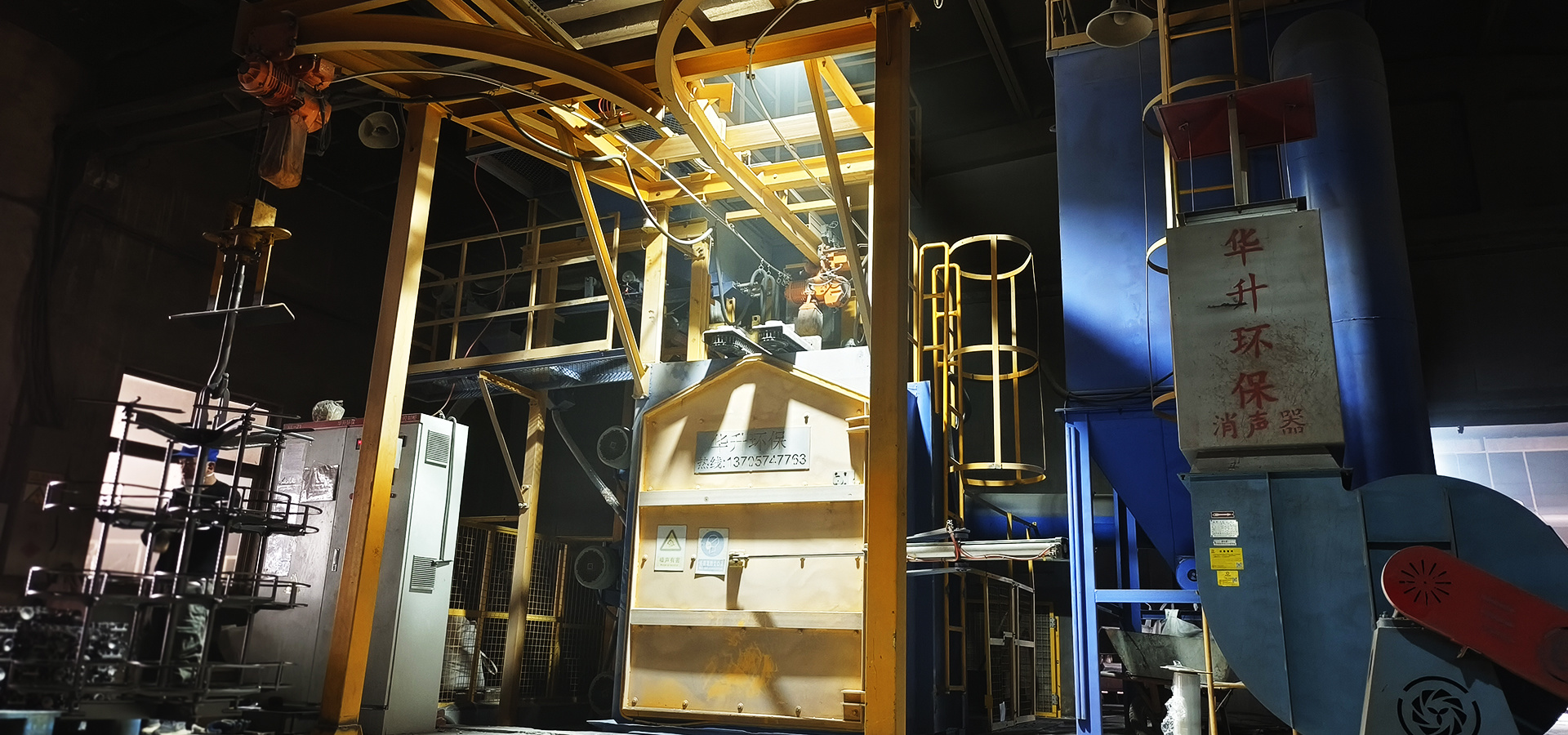
08
Shot Blasting & Clear
Shell removal using Φ0.5 mm cast steel shot at 0.4-0.6 MPa,It only takes 20 minutes to remove the casting shell
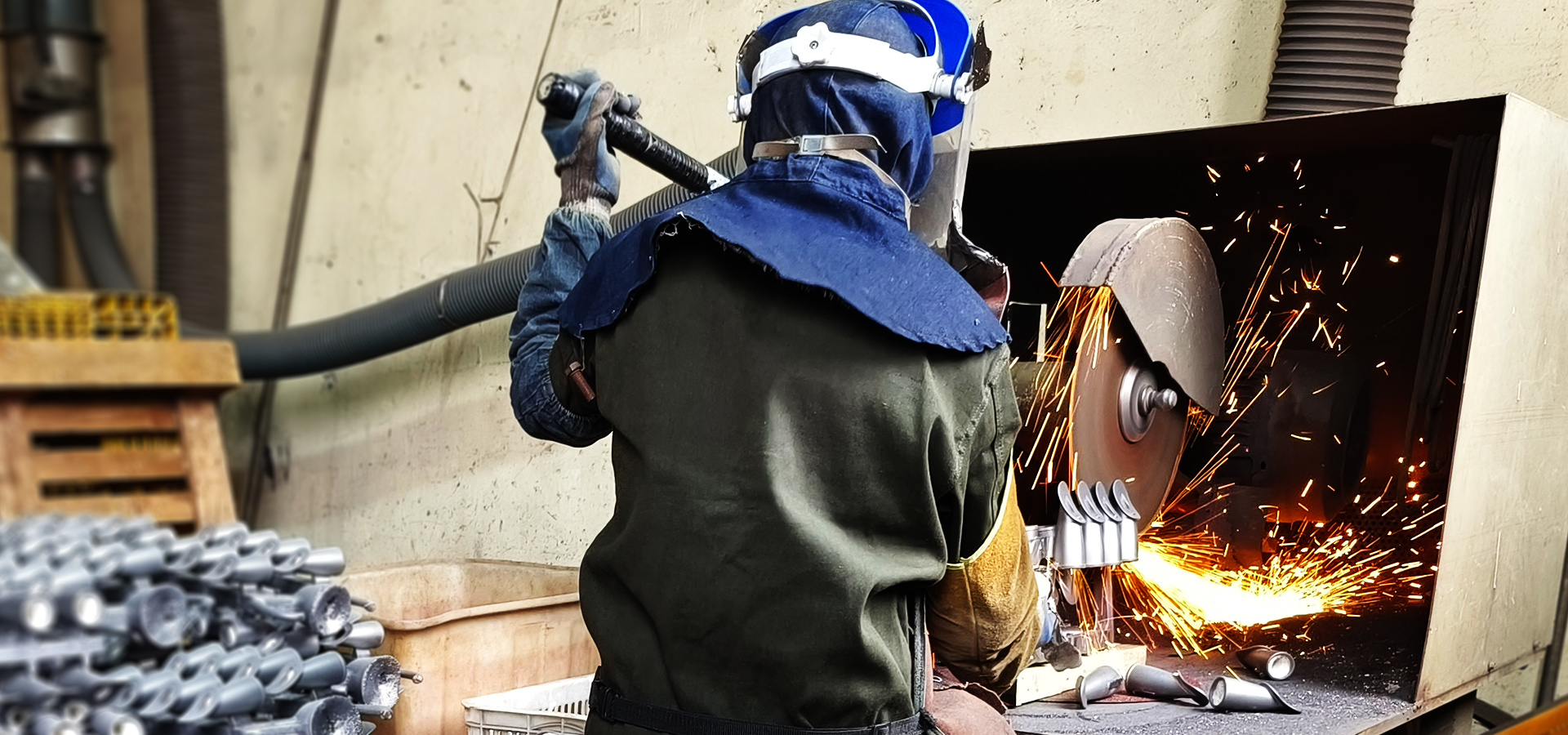
09
Cutting
Grinding wheel gate removal with ≤1.5 mm allowance, cutting temperature <200°C (to prevent microstructural degradation).
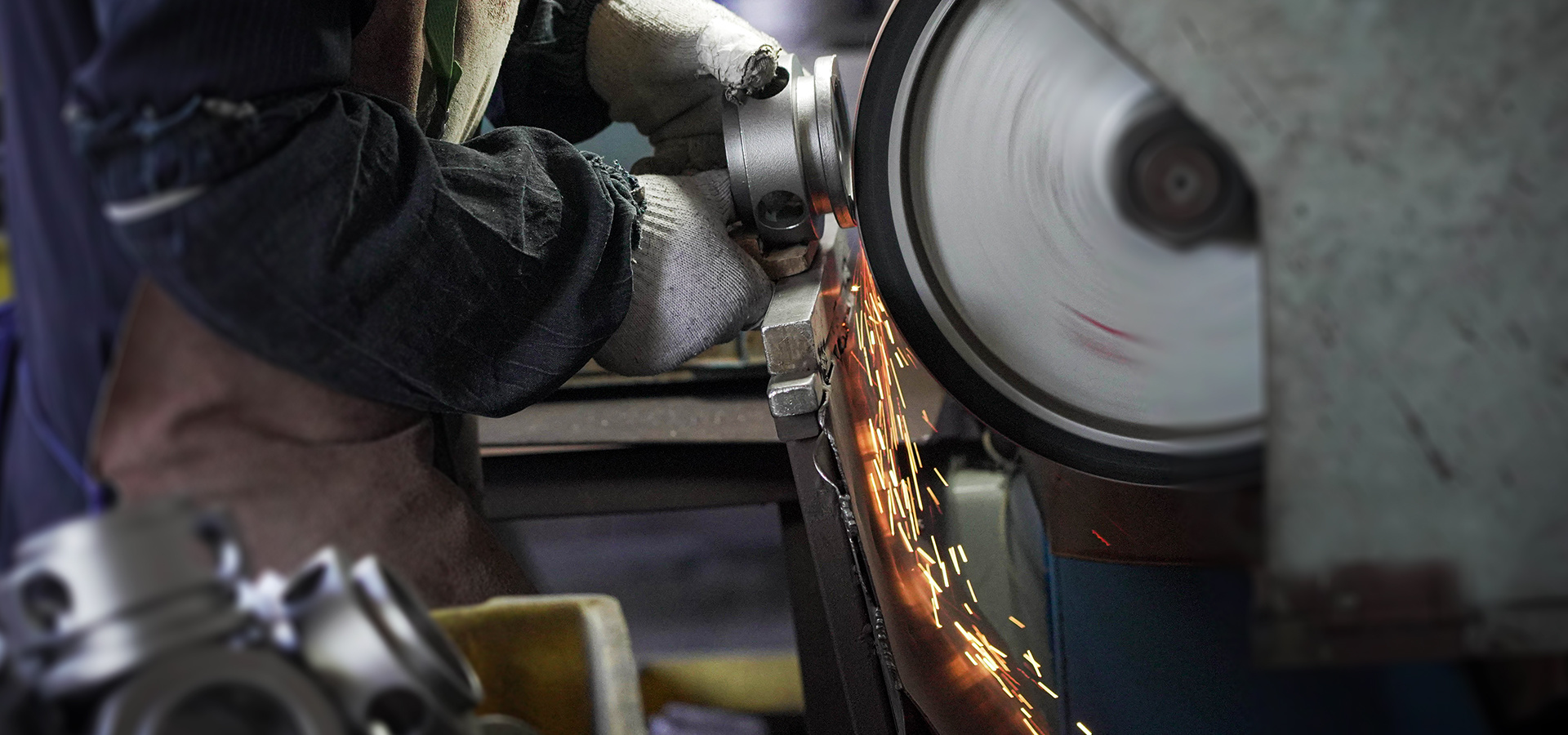
10
Gate Grinding
Resin-bonded grinding wheel (120 grit) for gate finishing, residual gate height ≤0.3 mm, transition radius R≥0.5 mm.
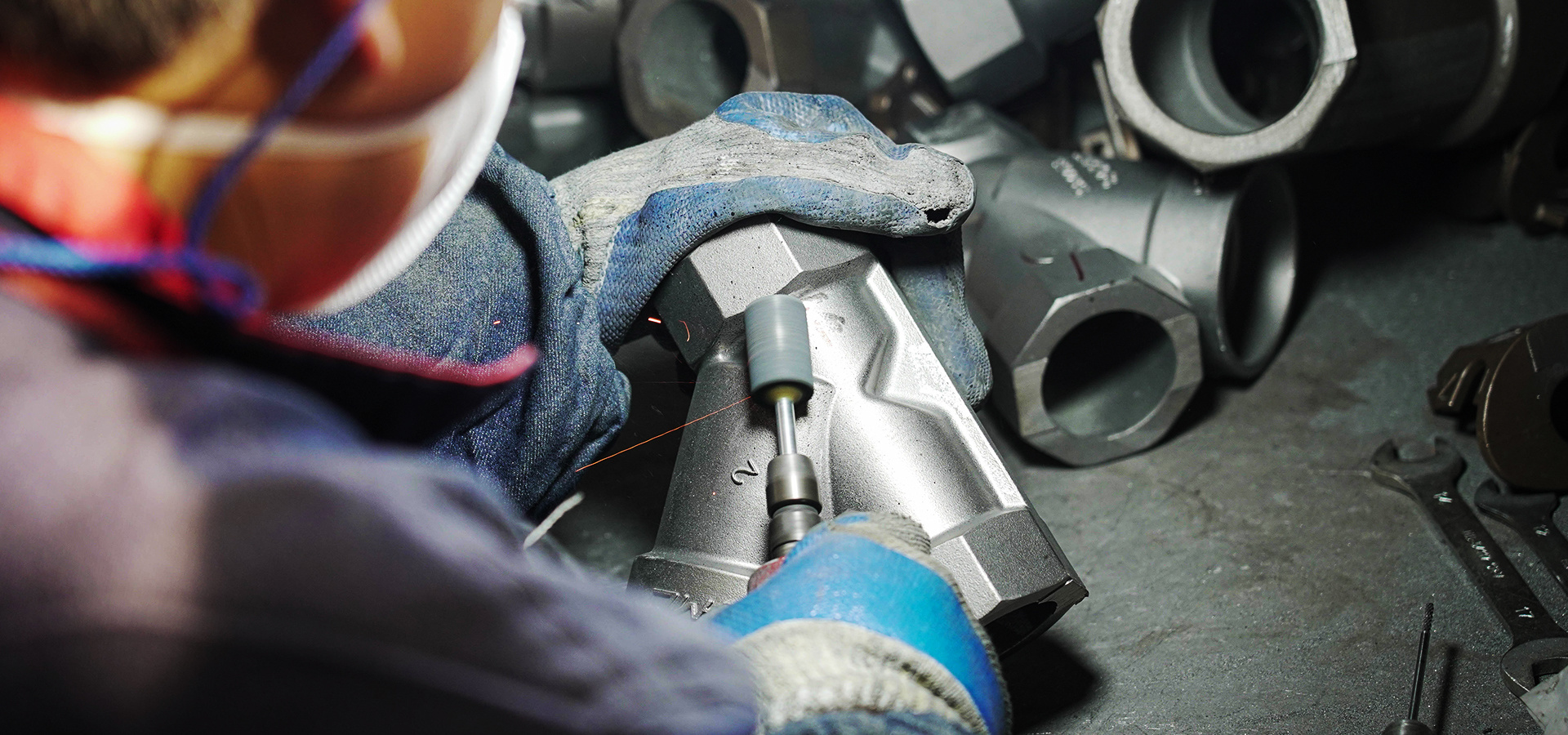
11
TIG Welding & Finishing
Argon shielding (purity ≥99.999%), ER316L filler wire, post-weld grinding to Ra ≤6.3 μm.

12
Final Inspection
PT (penetrant testing), RT (X-ray), full dimensional inspection (CT6-CT8 per ISO 8062), compliant with AMS 2175/ISO 4990.
Some of our product catalogs
Investment casting is a manufacturing process in which a liquid material is poured into a ceramic mold, which contains a hollow cavity of the desired shape, and then allowed to solidify. The solidified part is the casting, which is broken away from the ceramic mold to complete the process. The steps within the investment casting process are as follows:
Product brochure download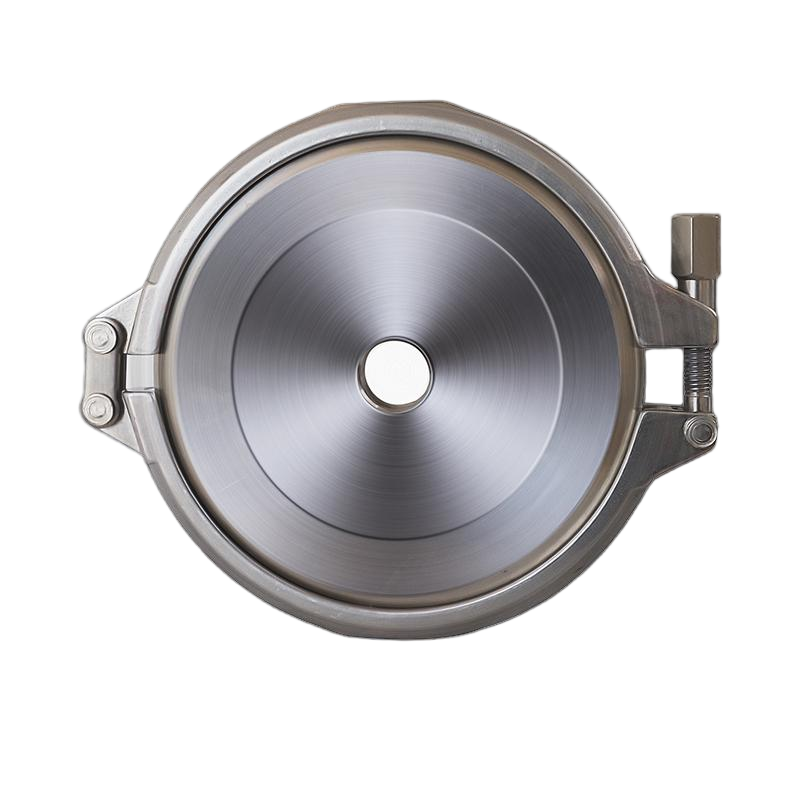
Clamp
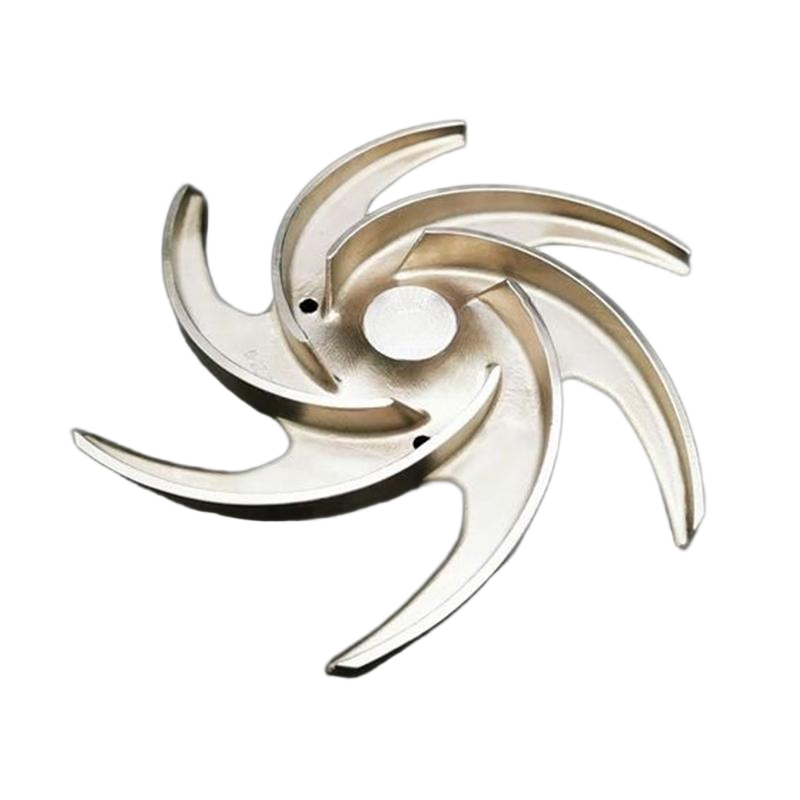
Vane wheel
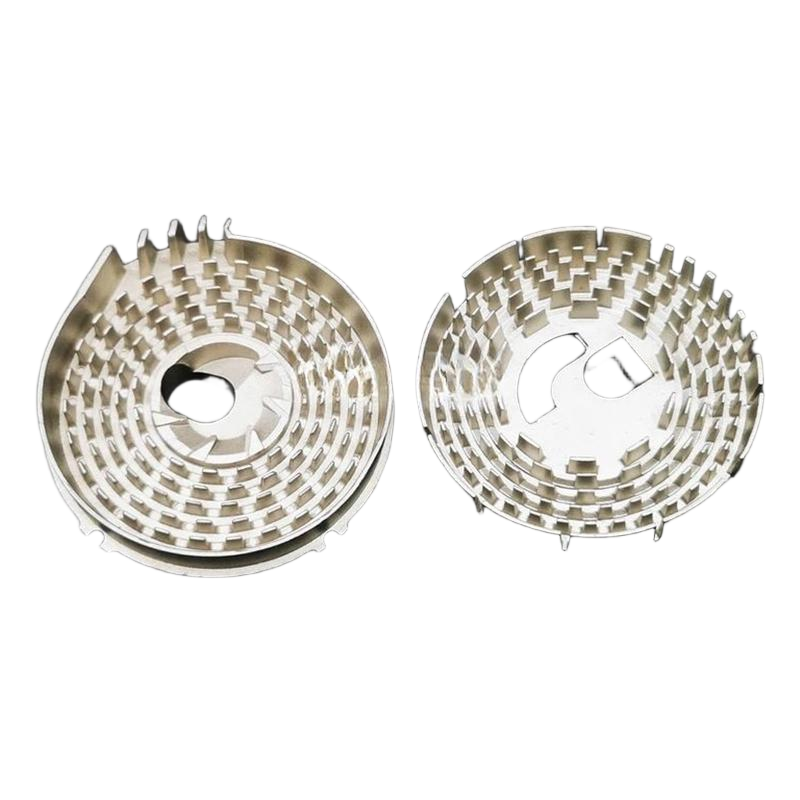
Vane wheel
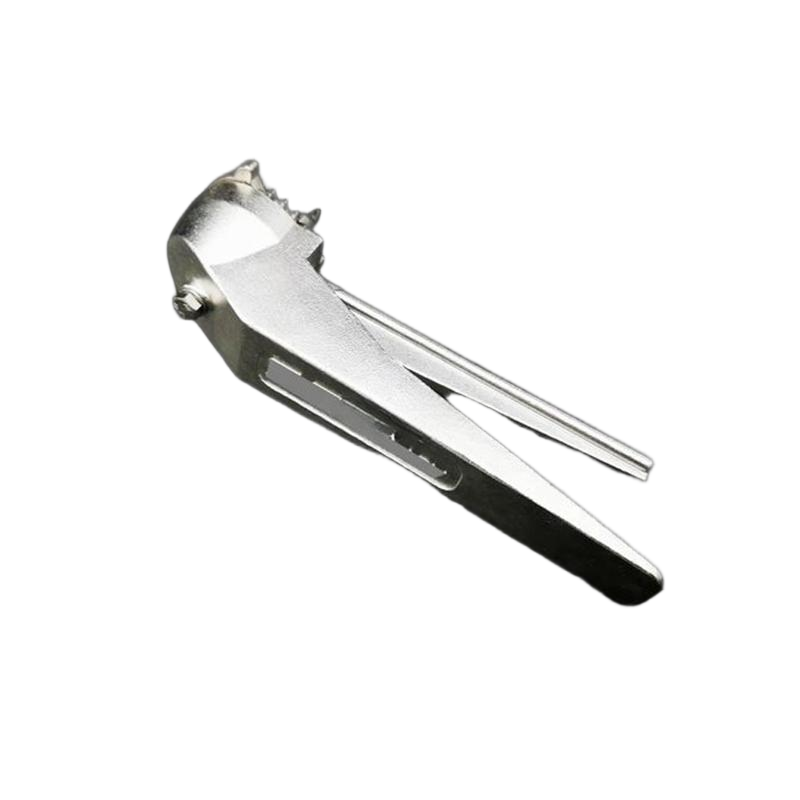
Handle switch
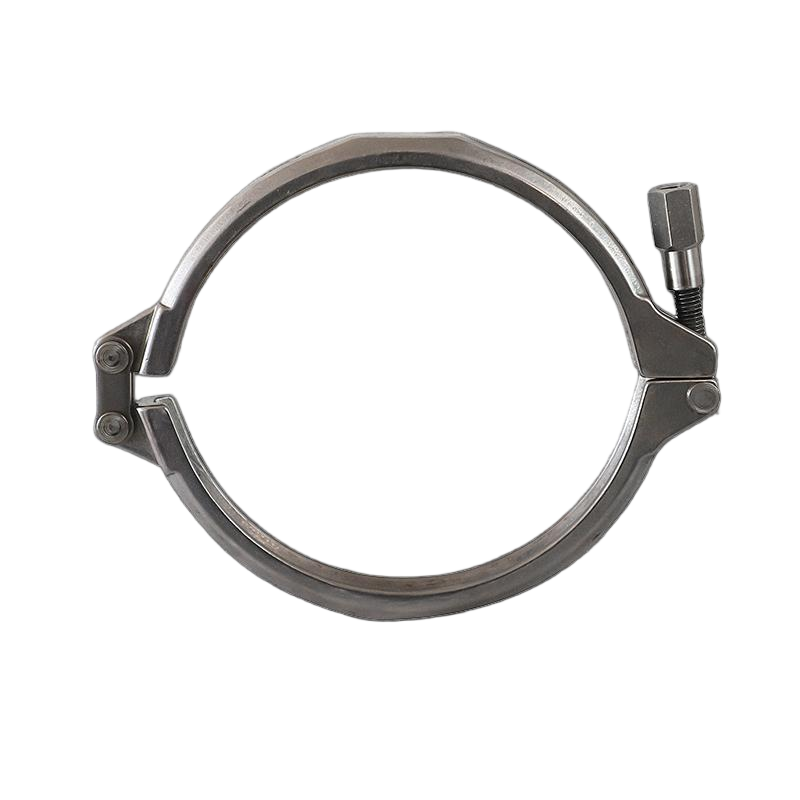
Clamp
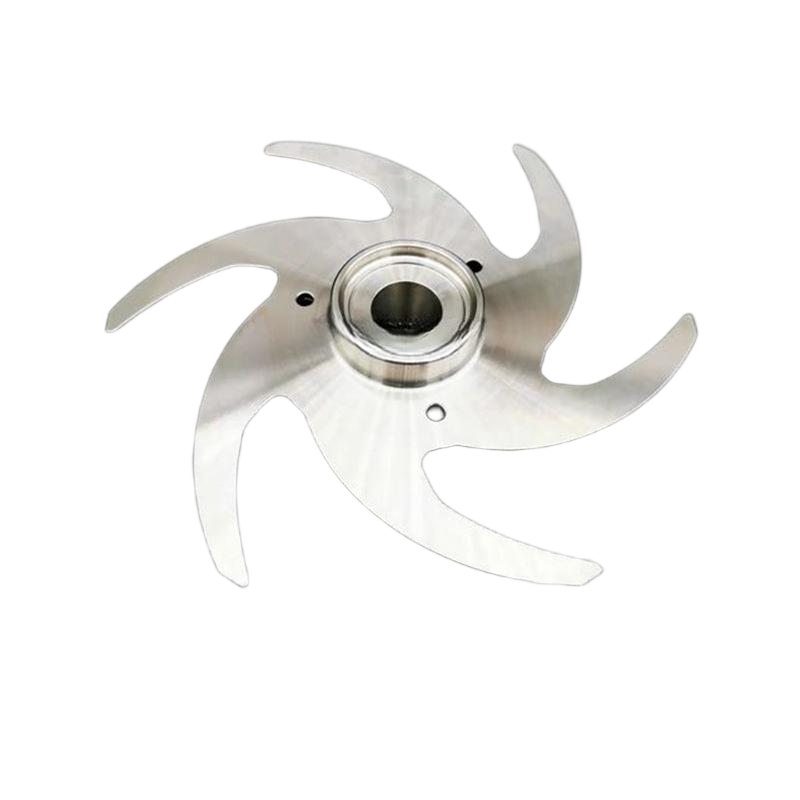
Vane wheel
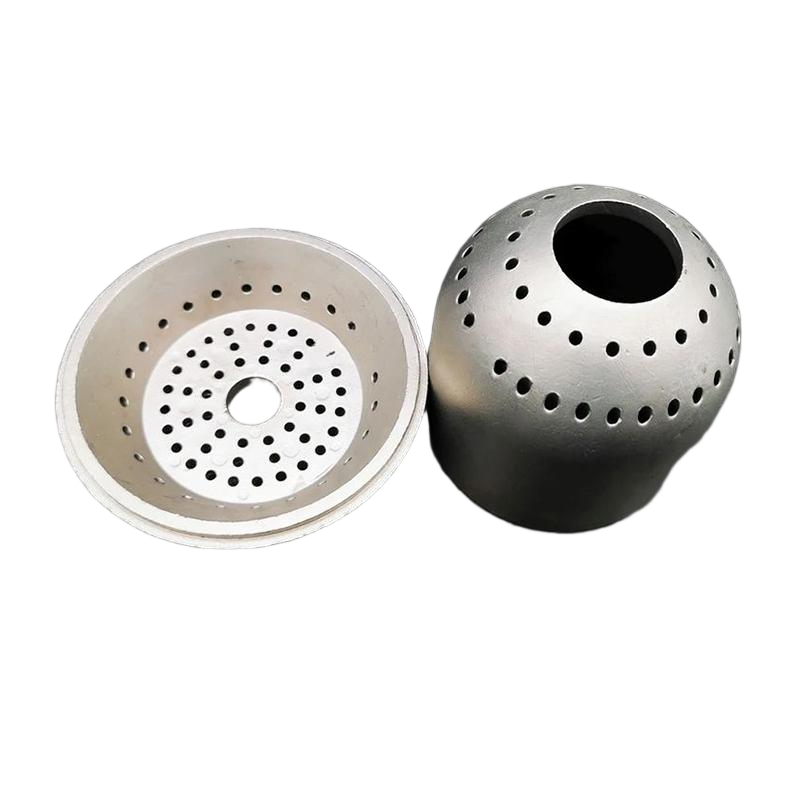
Food machinery precision casting
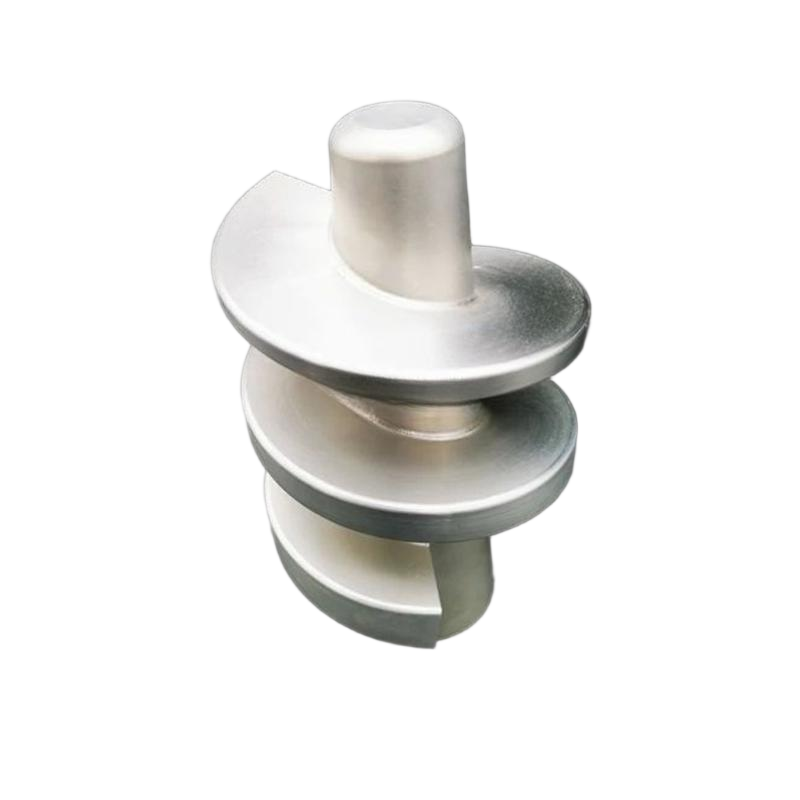
Food machinery precision casting
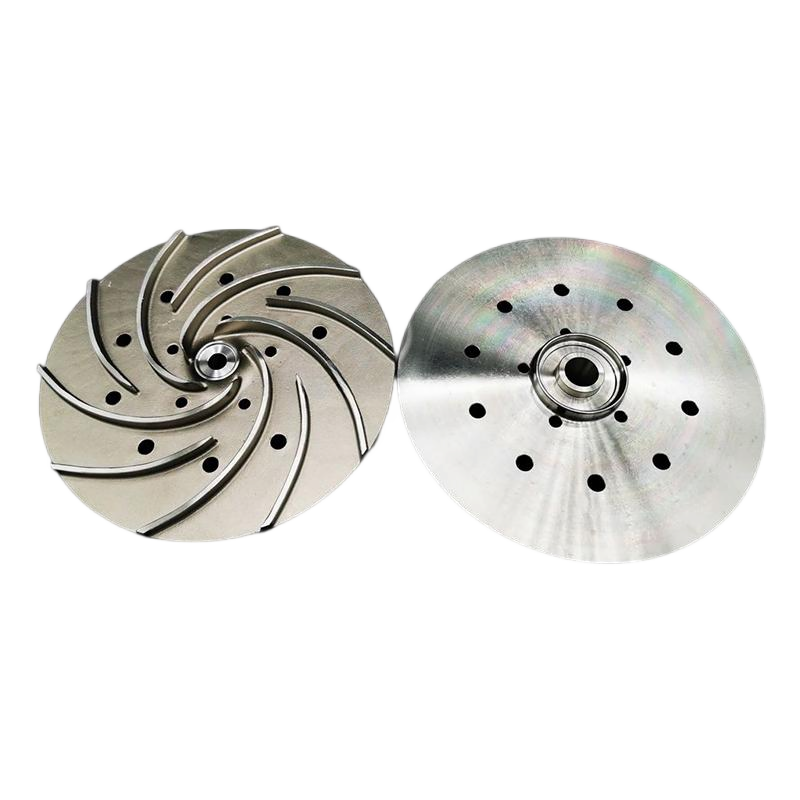
Vane wheel
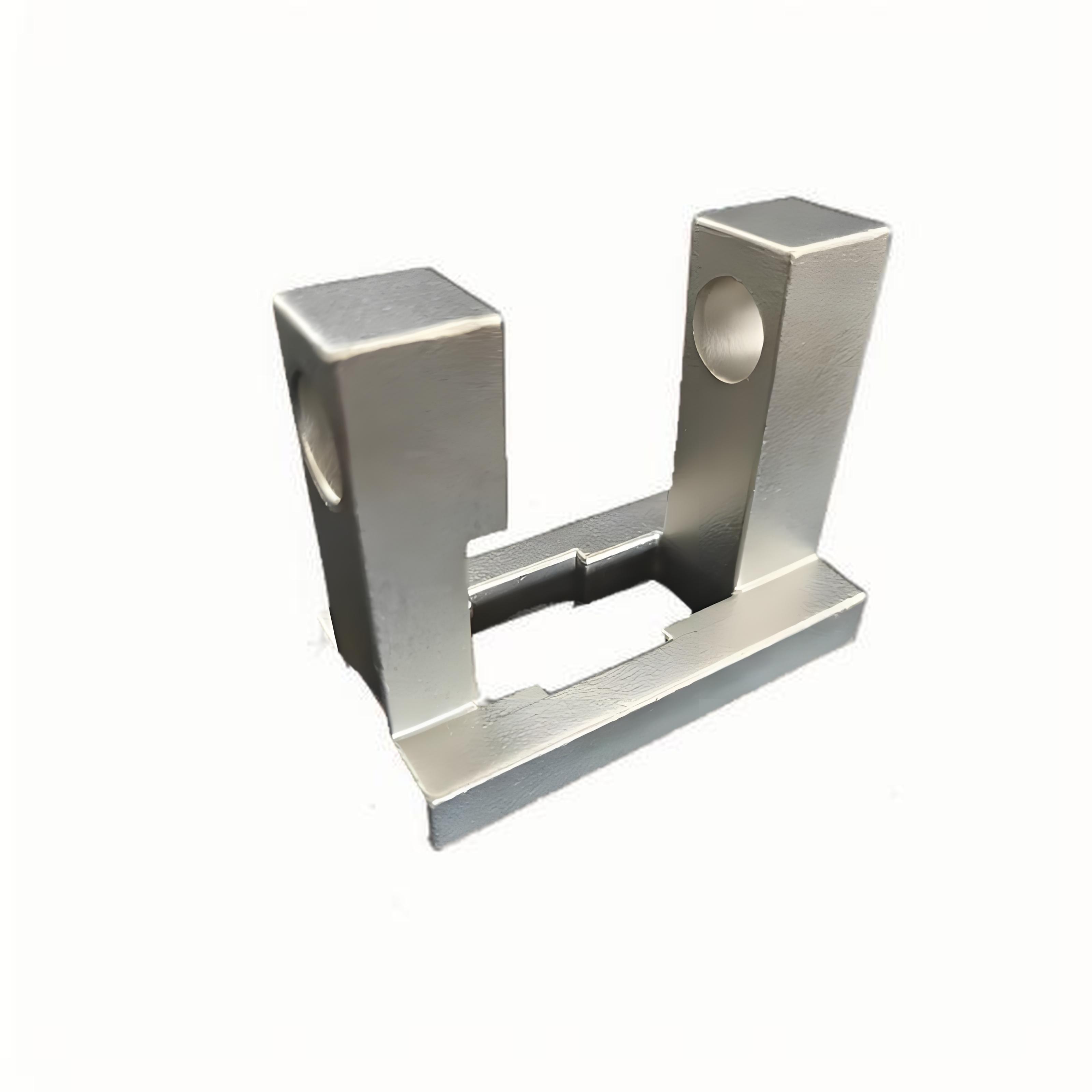
Food machinery precision casting

Food machinery precision casting
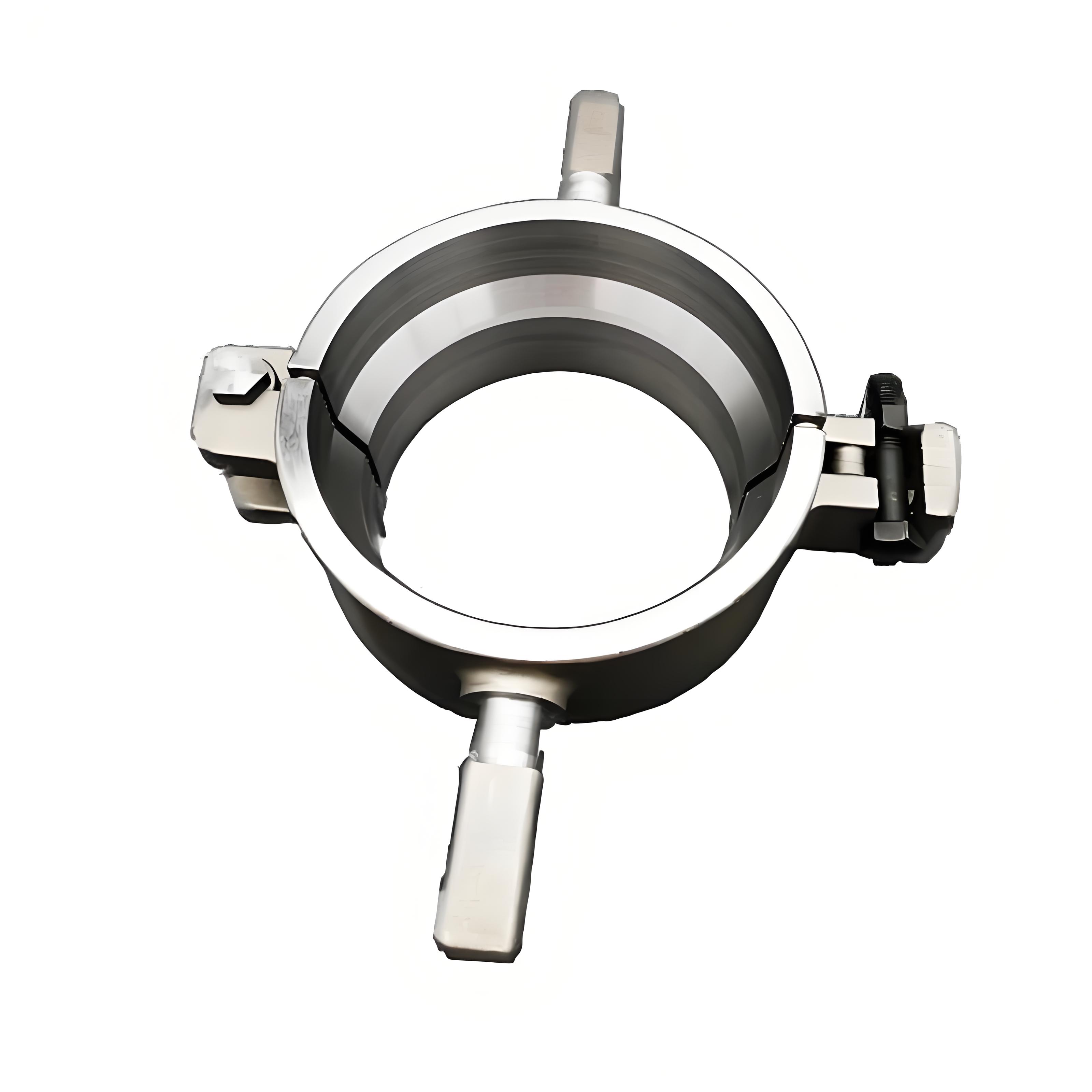
Food machinery precision casting
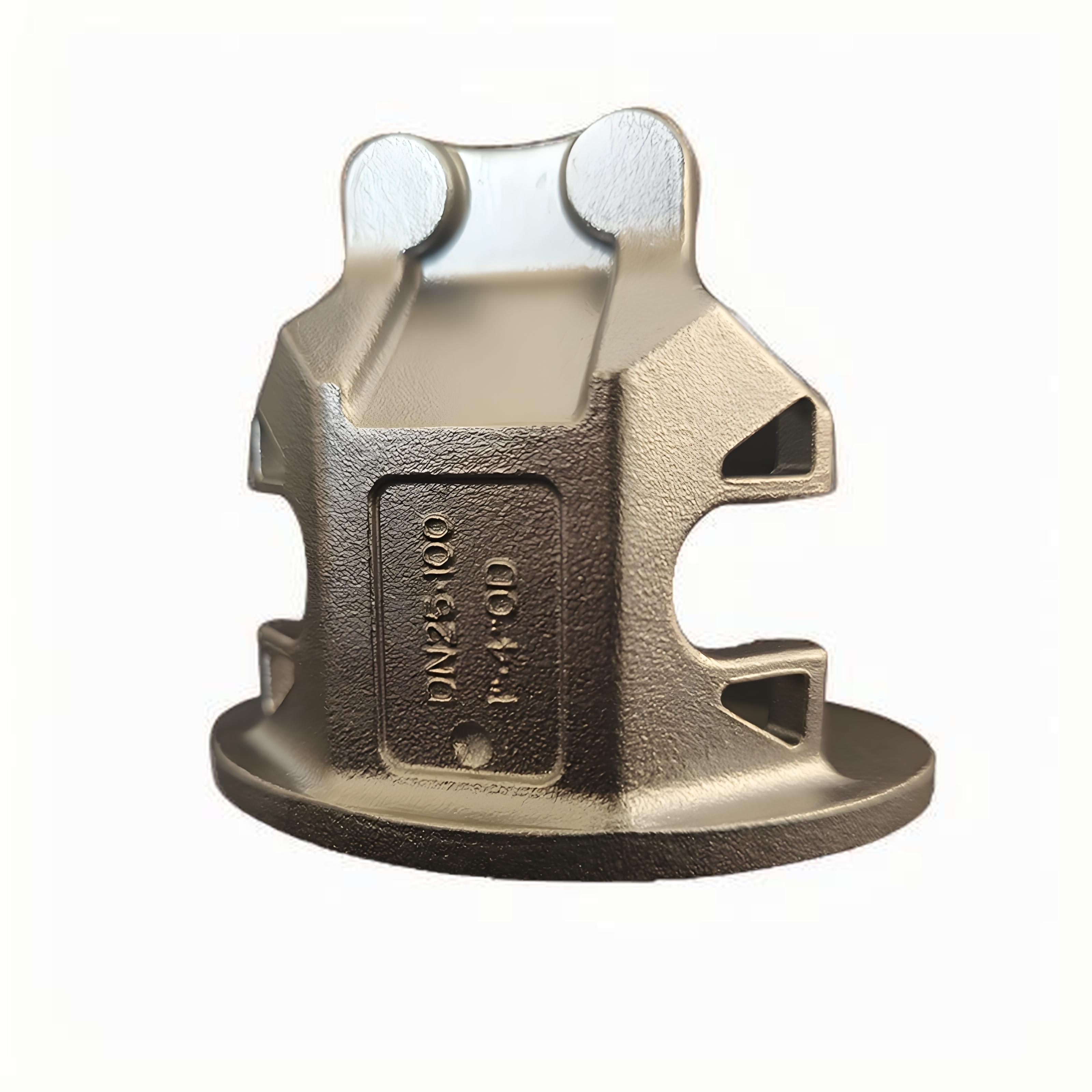
Food machinery precision casting
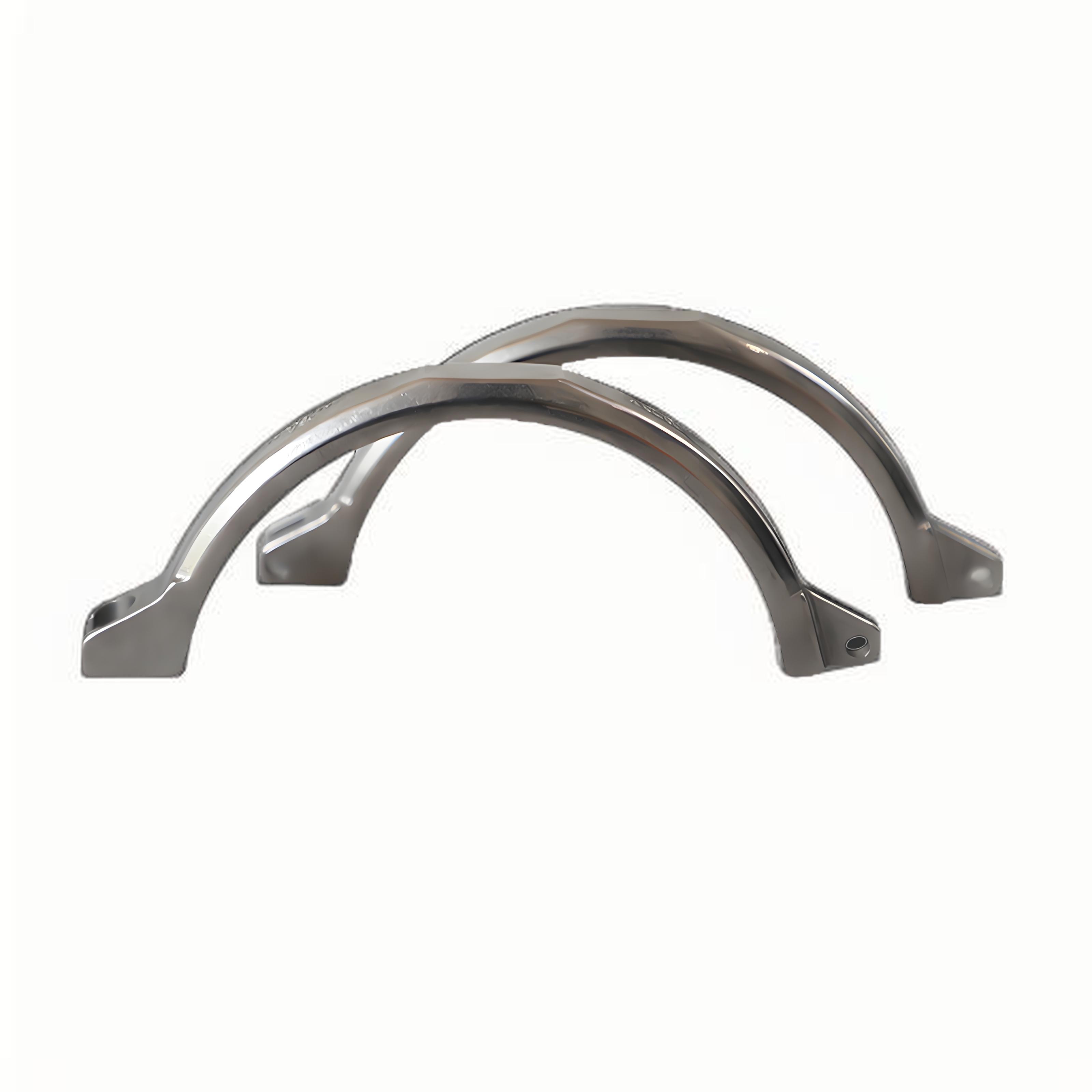
Food machinery precision casting
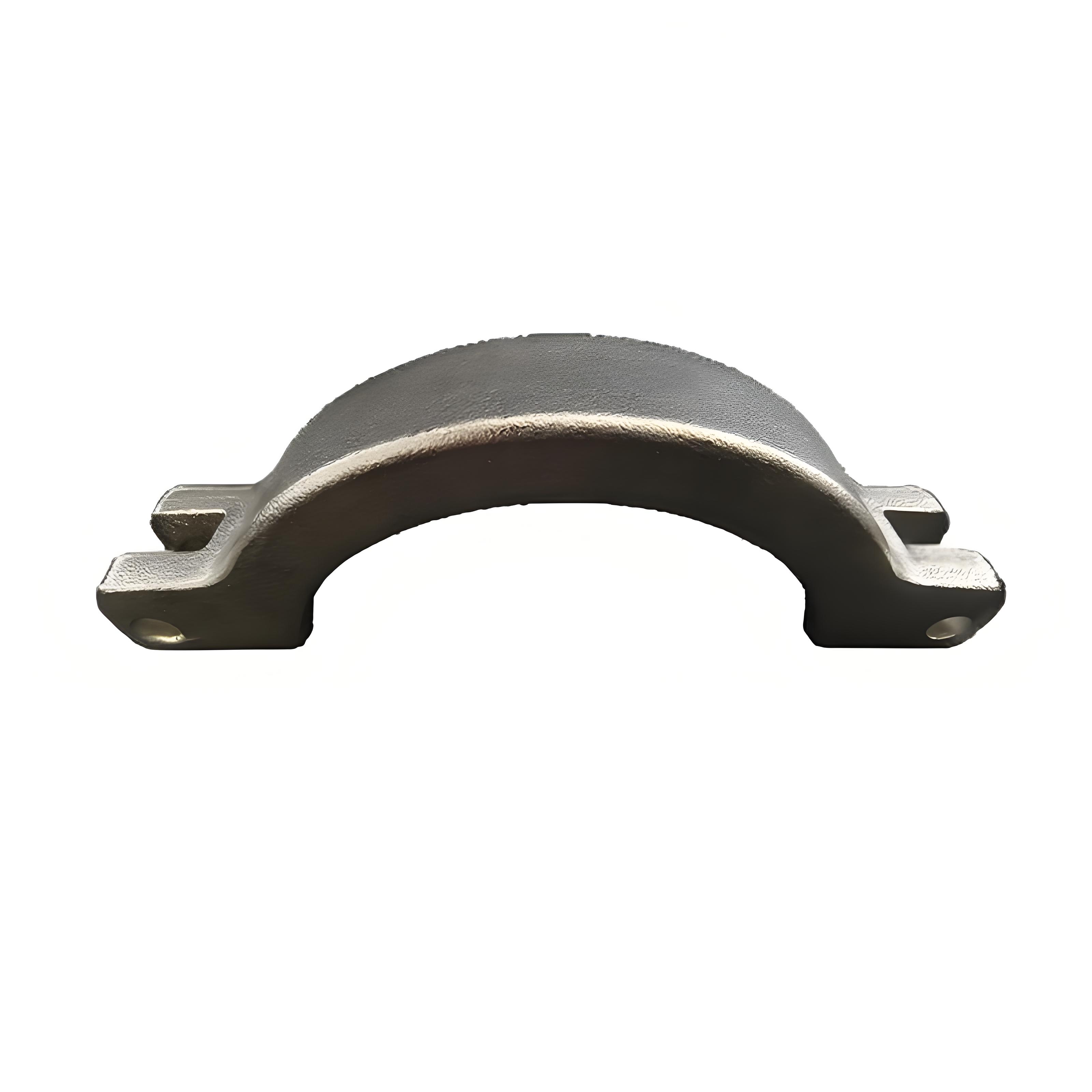
Food machinery precision casting
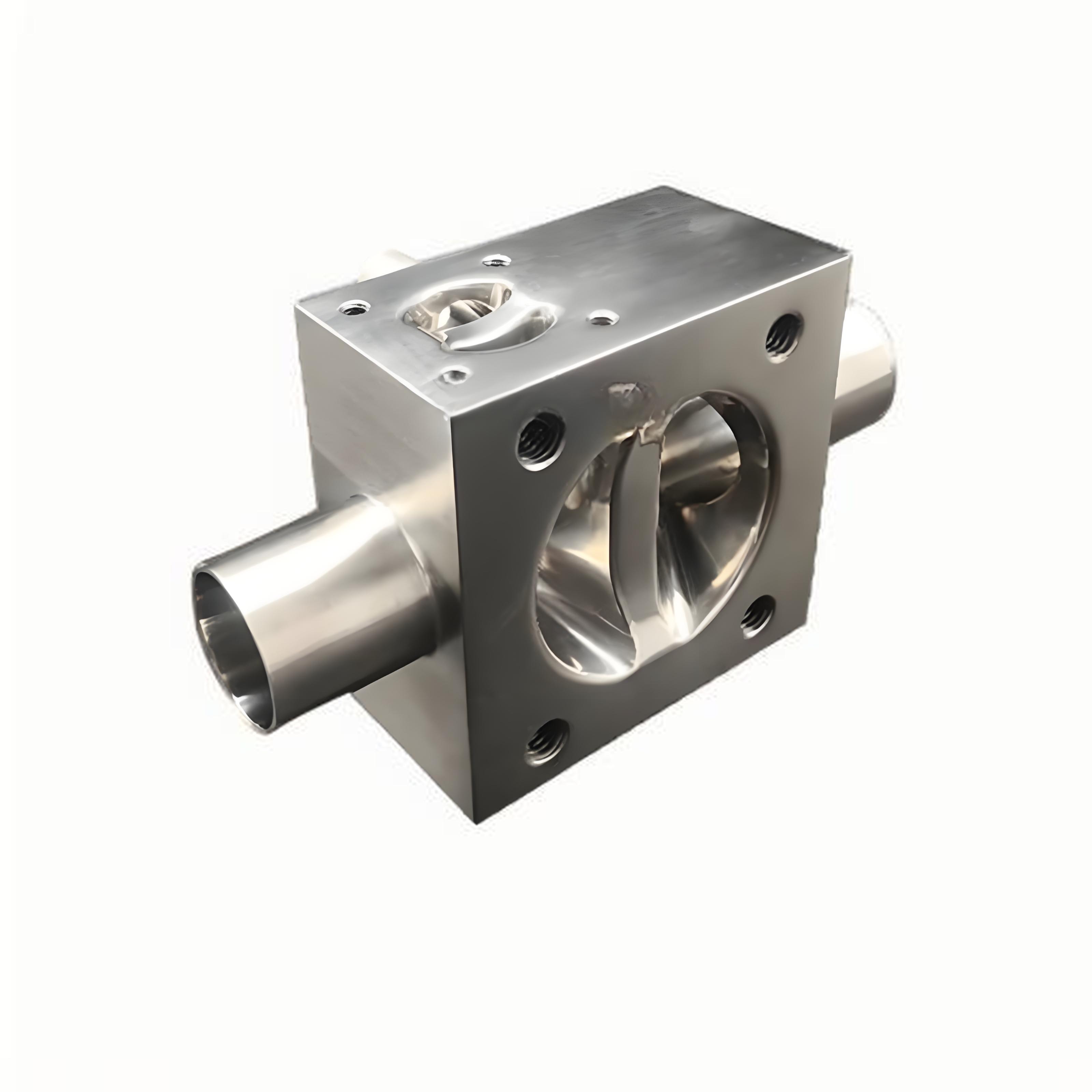
Food machinery precision casting
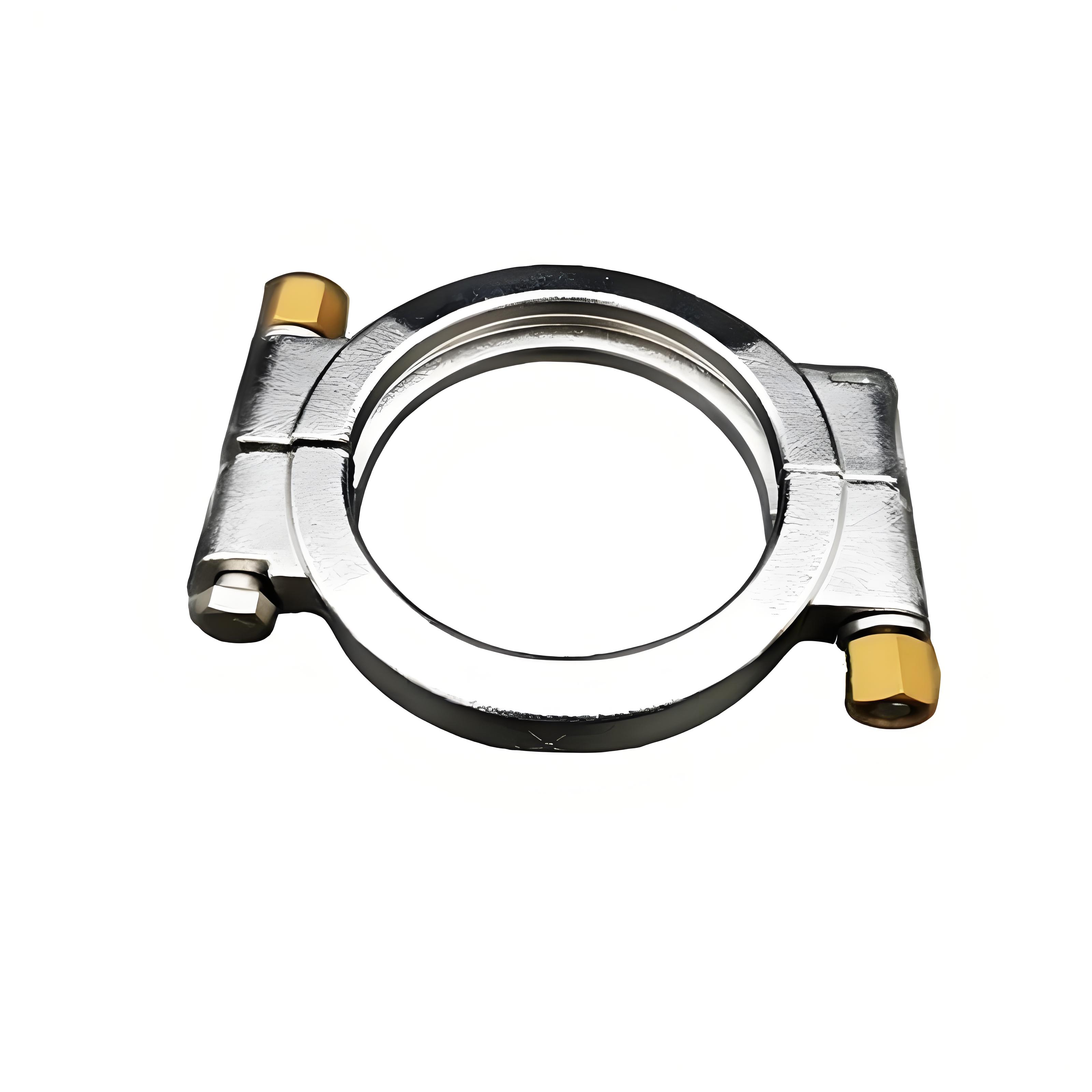
Food machinery precision casting
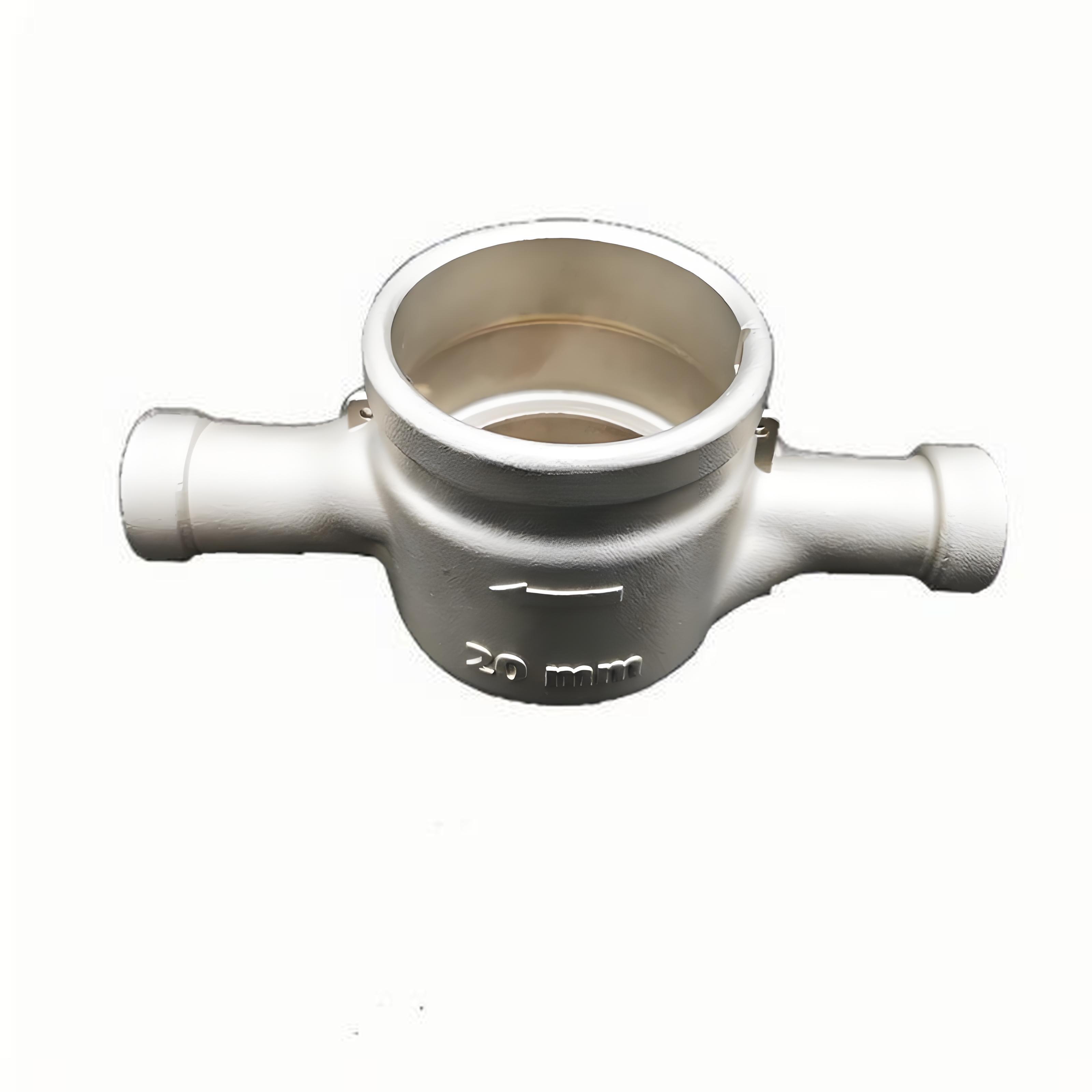
Food machinery precision casting
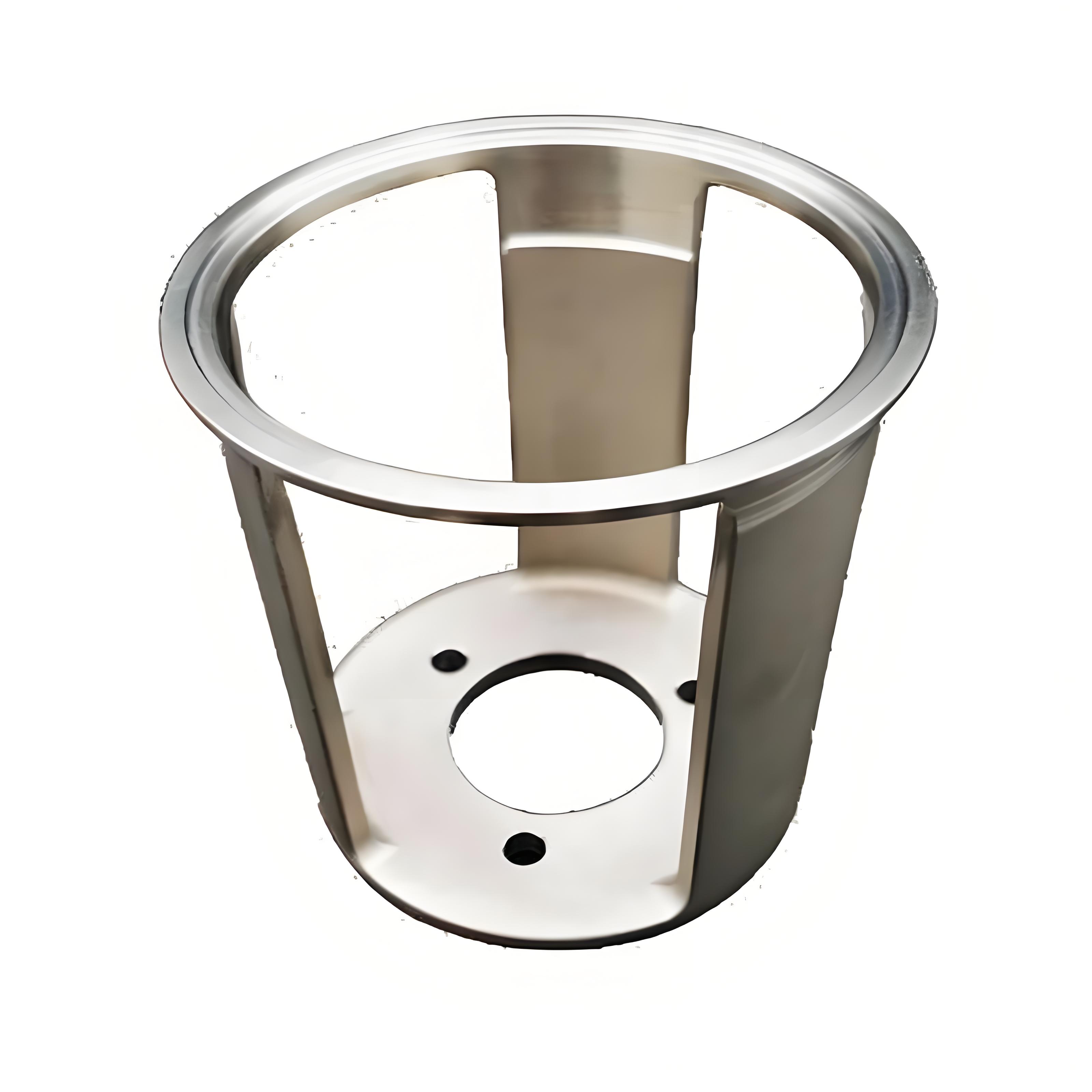
Food machinery precision casting
